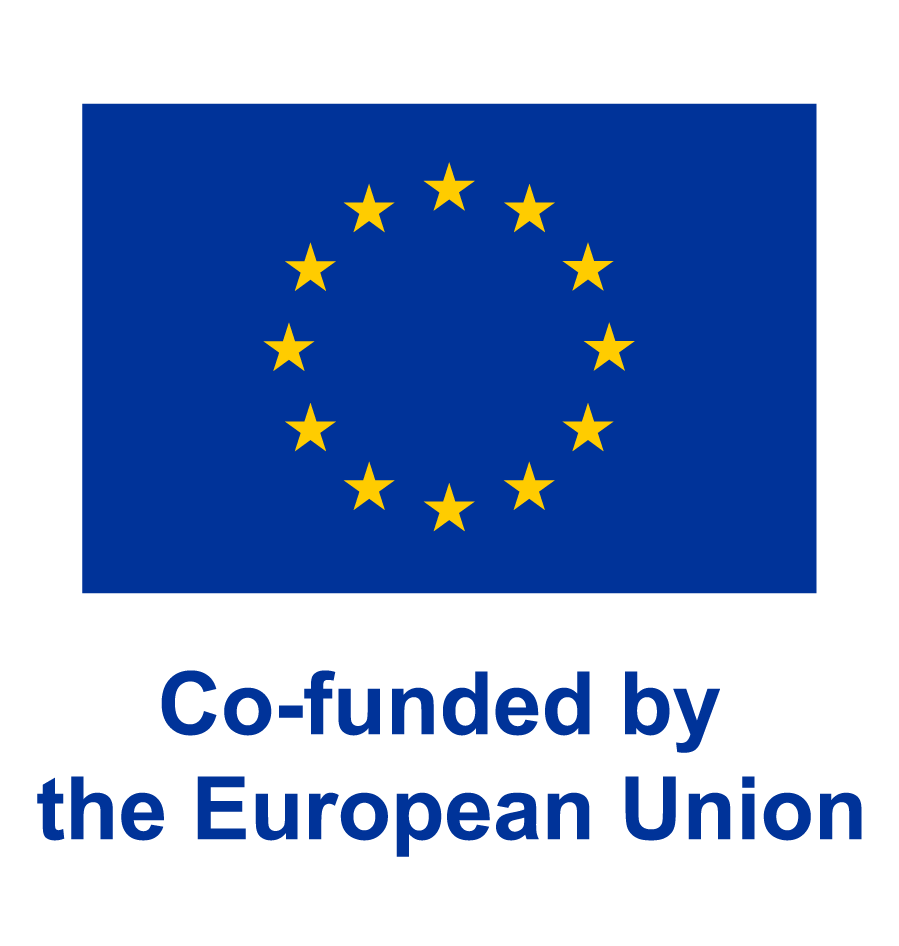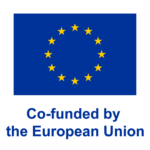What is Innovation Pedagogy?
Innovation Pedagogy is a strategic approach applied to all educational activities. It is embedded in structures and processes, not just in teaching and learning methods.
The goal is success in studies, work, and life by integrating students into real innovation processes
Key principles of Innopeda
How this training works
Explore Modules
Click on any module to start learning.
Engage with H5P Content
Interactive quizzes, case studies & digital simulations.
Download Resources
Access training presentations & academic reports.
Apply & Share
Implement competence-based learning strategies in your classroom.
Explore the modules
NextGen Educators – training the teachers
Module 1
Principles of Innovation Pedagogy
Introduction to Innopeda and student-centered education
Module 2
Interactive Teaching Methods
Flipped Classroom & Case-Based Learning, Learning Café
Module 3
Digital Pedagogy & Tech Tools
Workshop on Digital Learning and tools for digital implementation
Module 4
Assessing Learning Outcomes
Introduction to student-centered assessment in education
Additional resources
Explore additional materials relevant to Innovation Pedagogy
Innopeda Quality Handbook
This handbook presents the overall approach for implementing innovation pedagogy as a pedagogical strategy in educational institutions. The handbook describes the main principles of innovation pedagogy that can be used as a tool when making a change in an educational institution. The change is needed, because traditional educational approaches no longer can lead to the competences required in the changing world for a sustainable future.
The change can start from training teachers in the implementation of new teaching approach, or be more holistic, i.e., by implementing the strategic approach at the level of the whole institution for a more profound change. The holistic change and verification of the change through audit can lead to the certification of Certified Innopeda® School.
Innopeda Quality Handbook is a tool for educational institutions, especially for their managers, teachers and education planners, for evaluating their processes, implementing the approaches of innovation pedagogy, and designing a development process for ensuring the quality and development of innovation pedagogy. Innovation pedagogy can provide tools for the change in all levels of education.
The chapters of this handbook follow the common practice of quality work. The handbook includes templates that can help an institution in its quality assurance process regarding the implementation of innovation pedagogy.
Tools for Supporting Innovation Competences in Online Education
The SINCOE (Supporting Innovation Competences in Online Education) project aimed to enhance higher education teachers’ skills in fostering and assessing innovative behavior in digital learning environments. It also supported learners in developing their innovation competences.
Key materials developed include:
Roadmap of Digital Learning Environment: A framework to help HEIs identify, develop, and assess innovative behavior in digital learning settings.
Re-validated Assessment Tool: Tool to identify, assess, and develop innovation competences in online learning.
Online Assessment Training Package: Resources to help teachers create online learning situations that allow for the observation and assessment of innovative behavior.
Practical Toolbox: Comprehensive materials to support teachers in helping students develop their innovation competences.
Towards Sustainable Higher Education Institutions in Tanzania: SUSIE Project Experiences
This publication distils the intricate development processes and outcomes of a collaboration between three Tanzanian higher education institutions—Dar es salaam Tumaini University (DarTU), Moshi Co-operative University (MoCU), and Mwenge Catholic University (MWECAU)—and Finland’s Turku University of Applied Sciences (Turku UAS).
Structured around three key areas, the focus is on:
1. Sustainable Leadership and Strategic Thinking – enhancing institutional capacities with future oriented strategies.
2. Enhanced Relevance and Pedagogical Competence – focusing on student centred and working life integrated teaching methods.
3. Improved Accessible and Interactive Learning Environments – broadening learning beyond traditional classrooms to include open spaces and digital platforms.
The SUSIE project, Sustainable Business and Employability through HEIs’ Innovation Pedagogy, was supported by Finland’s Ministry for Foreign Affairs through the HEI ICI programme. This initiative drove the transformation towards more accessible, relevant, and sustainable higher education.

